The IAFF Center of Excellence specializes in treating post-traumatic stress disorder (PTSD), but we also treat other related mental health problems that IAFF members experience, including acute stress disorder (ASD). ASD is very similar to PTSD, with some key differences.
What Is ASD?
The American Psychiatric Association added ASD to the list of stress disorders in 1994 to differentiate it from PTSD. ASD is an anxiety disorder that develops within a few weeks of a physically or emotionally disturbing incident. Symptoms must occur within 30 days of the event, must last for at least three days, and be diagnosed within one month.

Symptoms of ASD
Similar to PTSD, the symptoms of ASD fall into five categories: intrusion, negative mood, dissociation, avoidance and arousal. Symptoms include:
- Invasive, distressing memories or nightmares of the incident (intrusion)
- Persistent feelings of sadness and hopelessness (negative mood)
- Feeling numb or emotionally detached (dissociation)
- A diminished awareness of your surroundings (dissociation)
- Avoiding people, places or other stimuli that remind you of the painful incident (avoidance)
- Anxiety (arousal)
- Having trouble sleeping or concentrating (arousal)
How Common Is ASD?
Approximately 6 to 33 percent of people who experience a traumatic event develop ASD, according to the U.S. Department of Veterans Affairs.
What If ASD Symptoms Last Longer Than a Month?
If ASD symptoms last for more than a month, the diagnosis will likely be PTSD, which is why ASD is often seen as a predictor of PTSD. According to the U.S. Department of Veterans Affairs, more than 80 percent of people with acute stress disorder develop post-traumatic stress disorder six months later.
Does Everyone with ASD Develop PTSD?
Not everyone who is diagnosed with acute stress disorder develops post-traumatic stress disorder. For many, ASD can be successfully treated within a certain time frame, without symptoms worsening or recurring as they do with PTSD. For others, symptoms may remit in time, without any formal treatment.
Can PTSD Occur Without First Having ASD?
PTSD can occur without any previous diagnosis of ASD. To be diagnosed with ASD, symptoms must begin within one month after the incident. However, PTSD symptoms can begin 30 days, several months or even several years after the traumatic event. This is one of the primary differences between ASD and PTSD.
Several variables determine the likelihood of developing ASD:
- Severity of the distressing occurrence
- Previous PTSD diagnosis
- Prior mental health problems or traumatic events
Treating ASD Treated
Every IAFF member treated at the IAFF Center of Excellence is first evaluated by one of our medical professionals before receiving a treatment plan. Clients with the same diagnosis will not necessarily receive the same treatment, which may include medications to alleviate symptoms of ASD and various forms of therapy.
What Should I Do If I Suspect I Have ASD?
If you’re an IAFF member who’s experiencing symptoms of ASD, talk to your doctor or a mental health professional as soon as possible. You can also call the IAFF Center of Excellence to speak with someone who can help or talk to you about residential treatment. Our Center offers inpatient and outpatient programs to address a wide range of mental health disorders, including ASD.
Medical Disclaimer: The IAFF Center of Excellence aims to improve the quality of life for people struggling with a substance use or mental health disorder with fact-based content about the nature of behavioral health conditions, treatment options and their related outcomes. We publish material that is researched, cited, edited and reviewed by licensed medical professionals. The information we provide is not intended to be a substitute for professional medical advice, diagnosis or treatment. It should not be used in place of the advice of your physician or other qualified healthcare provider.




